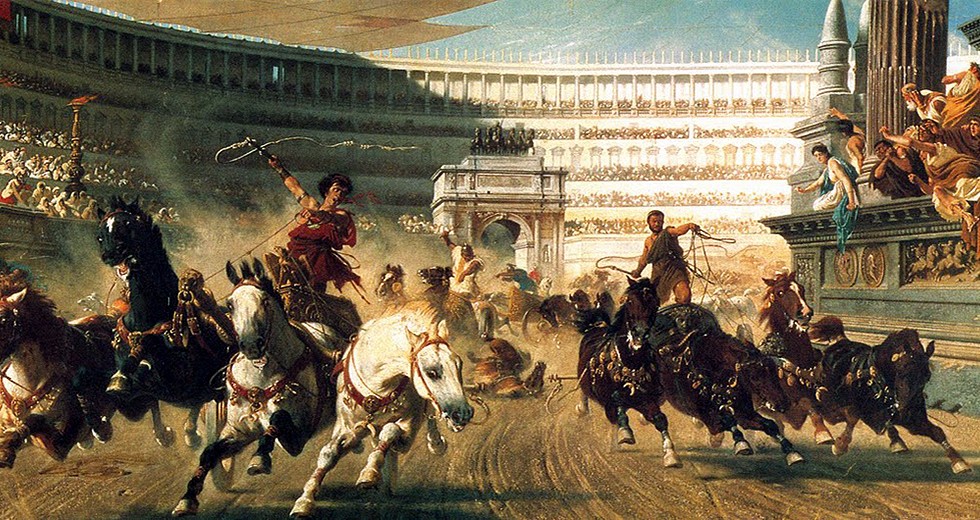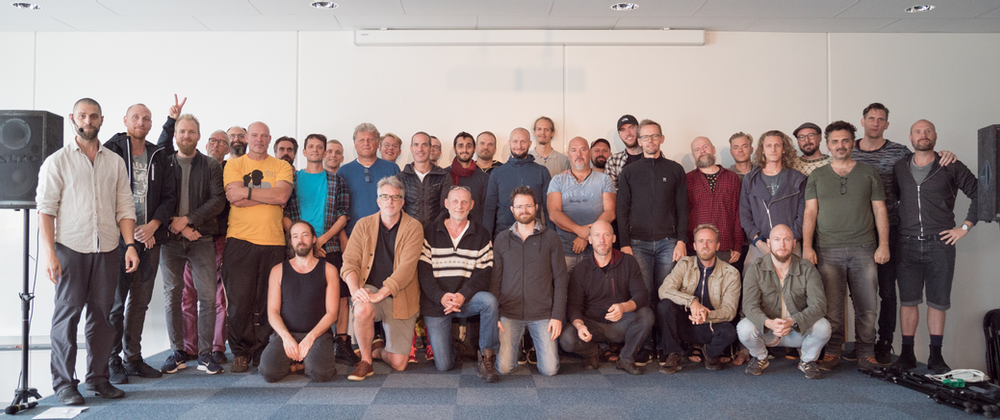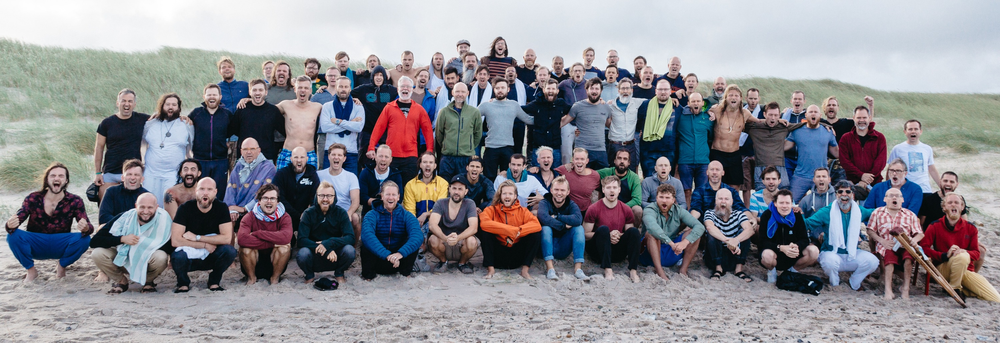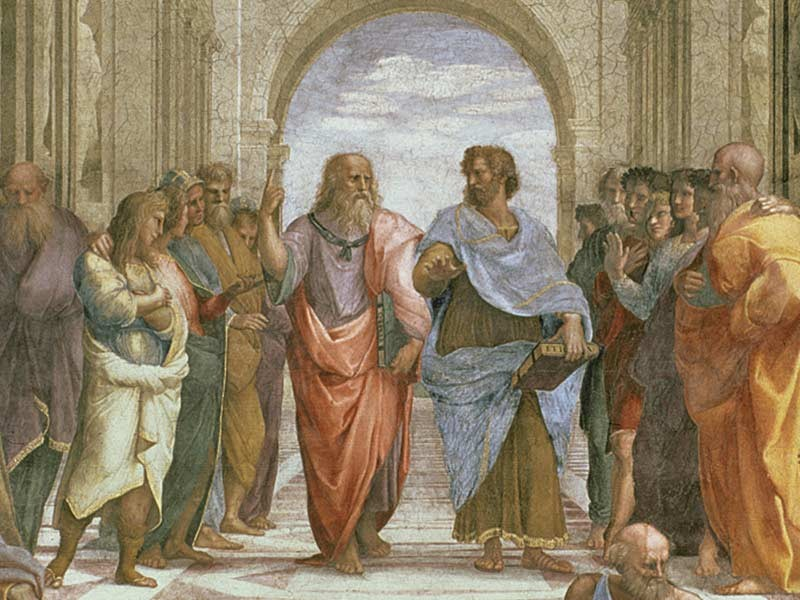Commentary on The 10 Principles of Maniphesto Part 1

1: Masculine Men
We appreciate and celebrate the mystery of the masculine and feminine. Masculinity is what men want and need the most from other men. We especially value the integrity, courage and vision of masculine men

What does it mean to be a masculine man, and why is this important? Well, because, like it or not, human beings are divided into two sexes, and the masculine has its special role just like the feminine. These polarities of life should be celebrated and also developed: the masculinity of men and the femininity of women as well. One certainly cannot exist without the other. The two are profoundly complementary.
This might appear to be obvious to some. However, there has been an intense attempt to deconstruct gender in the present age, to free us from what has been called ‘biological determinism’. Of course there are some good reasons for this: historical violence against women—the incredible cost of colonialism and war waged by men of power. Masculine power is today described with great contempt as ‘the patriarchy’—something we should dispense with.
And yet we could also ask ourselves the question: is masculinity fundamentally about controlling and dominating women? On one hand, men do have the potential for violence and towards women and mayhem in general. And yet we count on such men to protect us. Masculinity is not only aggressive by nature but protective. If fathers couldn’t protect mothers and children, if armies and police couldn’t protect countries and civilians, if there were no so-called masculine leadership—we might all be still living in caves, as the controversial feminist Camille Paglia has pointed out.
Masculinity is also a force for creating peace, protection, and civilization. And male aggression can be transformed into a protective, loving principle, as any good martial artist knows. Masculinity is not inherently toxic as the malevolent modern ideology would have it. Our biological sex is there for a reason—we do much damage by ignoring or even trying to efface it.
Aggression does not define masculinity either. Masculinity is an intellectual and creative force that serves both men and women. For example, many of the early gains of first waves of feminism that are justly celebrated—the invention of kitchen appliances and birth control for instance—were inventions of men. In so many ways men have always been ready to serve women; good men will always cherish, lift up, and love women, children, and each other, and have always been willing to die for them. Feminism does itself a disservice by degenerating into misandry.
Men and women in the twenty-first century do not have to engage in a culture war. Today women can easily be soldiers and engineers if they chose, but they should not be forced to be if they don’t want to. Masculine men will continue to do the jobs of masculine men mostly, and feminine women will continue to be feminine—despite the rhetoric. And if most engineers are still mostly men and most nurses are still mostly women that is not the result of bad social engineering but of biology and choice. Studies in the most progressivist countries in the world such as Sweden have demonstrated conclusively that given a choice most men and women chose traditional biologic roles.
Furthermore, like it or not, most of us are ‘heteronormative’ to use the trendy phrase—normal men and women who are attracted to and supportive of each other. The outliers (gays, lesbians and all the other colors of the rainbow) should be cherished and included as well for their unique creative gifts, but they will never be the majority. The fact is: the majority of men are masculine, just as the majority of women are feminine. And this is all very well and good. Why not celebrate the classical qualities of masculine men: forthrightness, physical courage, rationality, leadership? Certainly, we need to celebrate the compassion, communal power, nourishing, and receiving qualities of women.
Of course, there is a spectrum in all of us. We cannot be fully masculine or fully feminine, and we are all a bit of both. Some men are highly maternal, for instance; some women are very tough and disagreeable. Diversity is good, on the edges of cultural creativity. And perhaps our models of men and women are outdated in certain ways in the internet age. Maybe we do have to reinvent and rediscover masculinity and femininity in the 21st Century, but without forgetting our biological and cultural history.
Note: This is part 1/10 of a commentary on the 10 principles of Maniphesto





Responses